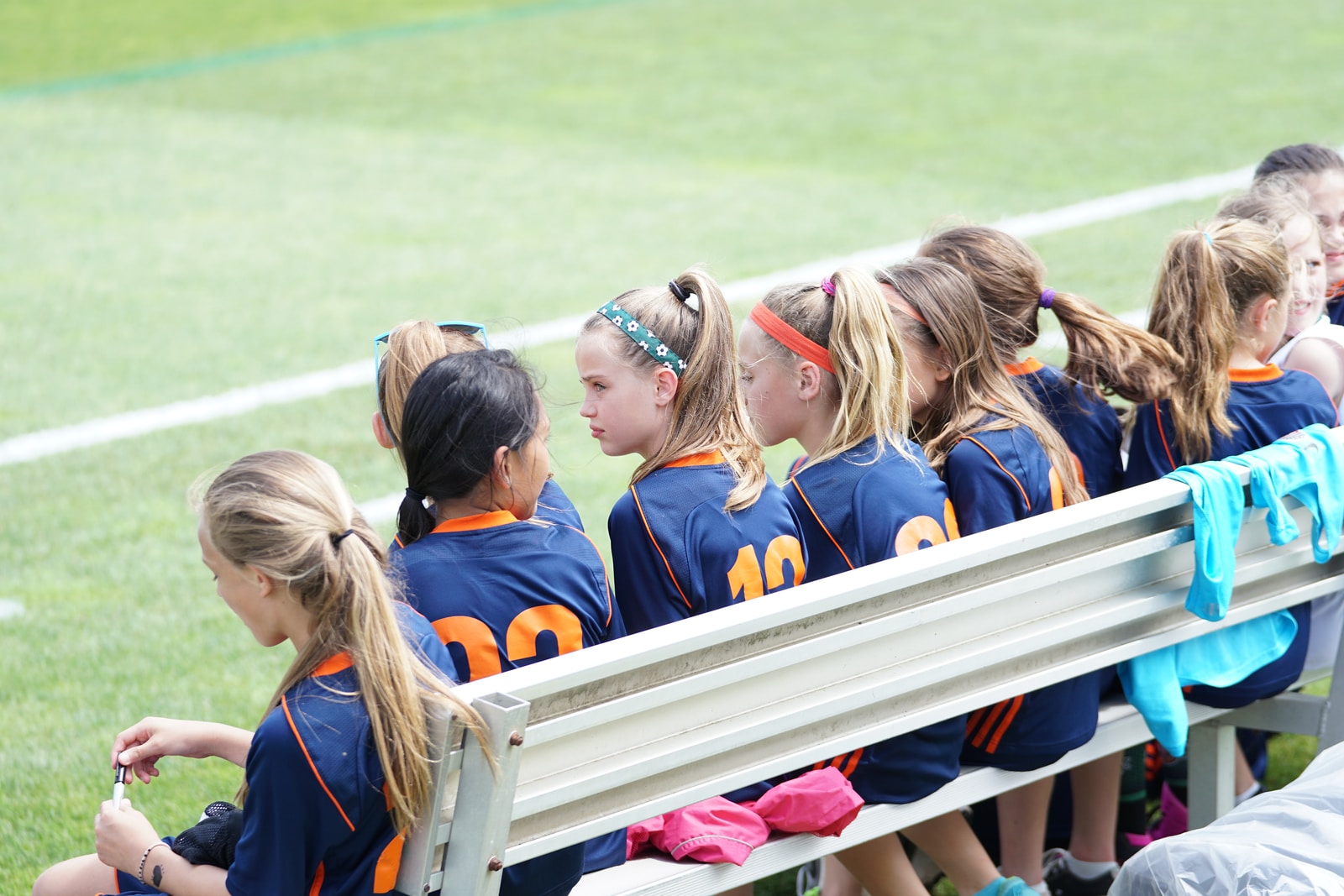AMY MITCHELL, MSW, LSW
As we work with and support grieving children, we must be mindful of the fact that we are also guiding and supporting the parent or caregiver.
Have you picked up a child’s backpack lately? The plethora of books, papers, notebooks, Chromebooks , and maybe a few snacks, make them incredibly heavy!
Working with grieving children has taught me that many of these children are carrying around “emotional backpacks” that are just as heavy, if not heavier. Processing and expressing emotions has not been taught or modeled for them, so each emotion becomes another rock that is added to the backpack and then carried around, making every single activity, encounter, and relationship that much more difficult.
So often, parents of grieving children, in an attempt to protect or shield their child from pain, try to hide their grief from their children. Not only is this incredibly difficult for a grieving adult, it prevents children from witnessing healthy and appropriate displays of emotion. They begin to believe that showing emotion is unacceptable and will stuff their emotions or release them in inappropriate or even harmful ways. As we work with and support grieving children, we must be mindful of the fact that we are also guiding and supporting the parent or caregiver. We must help them to unload their own backpacks so that they, in turn, can assist their child in unloading theirs.
Many children find it easier to express their emotions through play, art, or narrative therapies, rather than simply talking about how they are feeling. You can find a list of recommended books for children and teens as well as articles for parents to help them understand the needs of their grieving child on our website under the Grief Resources tab. You can also participate in our upcoming Christmas Ornament Workshop for children and families, where each child can make an ornament in honor of their loved one.
Amy Mitchell, MSQ, LSW
Cornerstone of Hope’s Group & School Program Coordinator, Counselor
